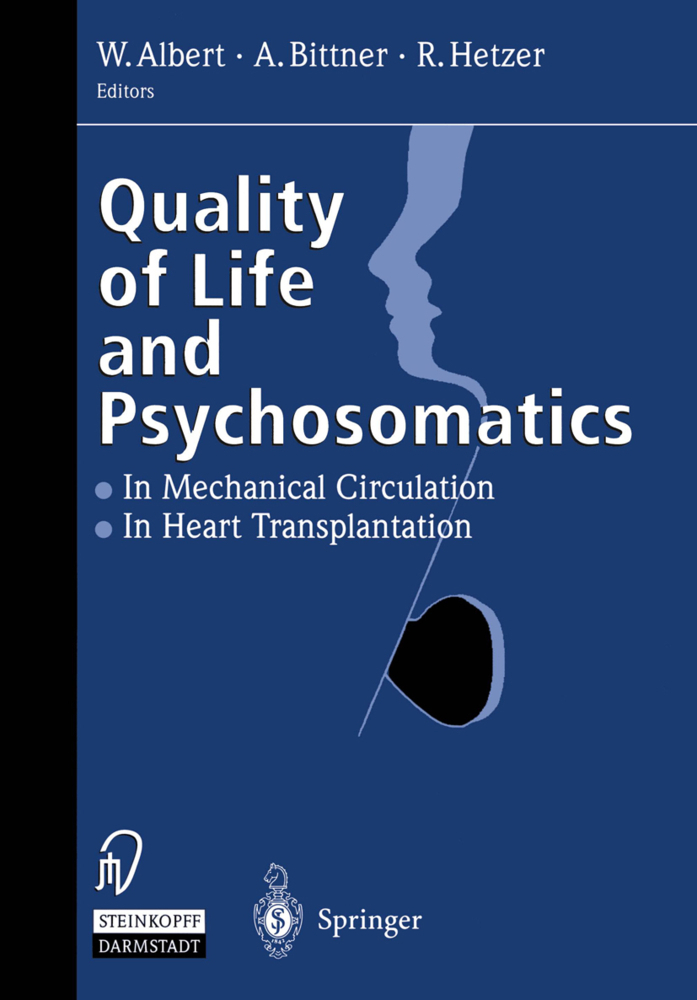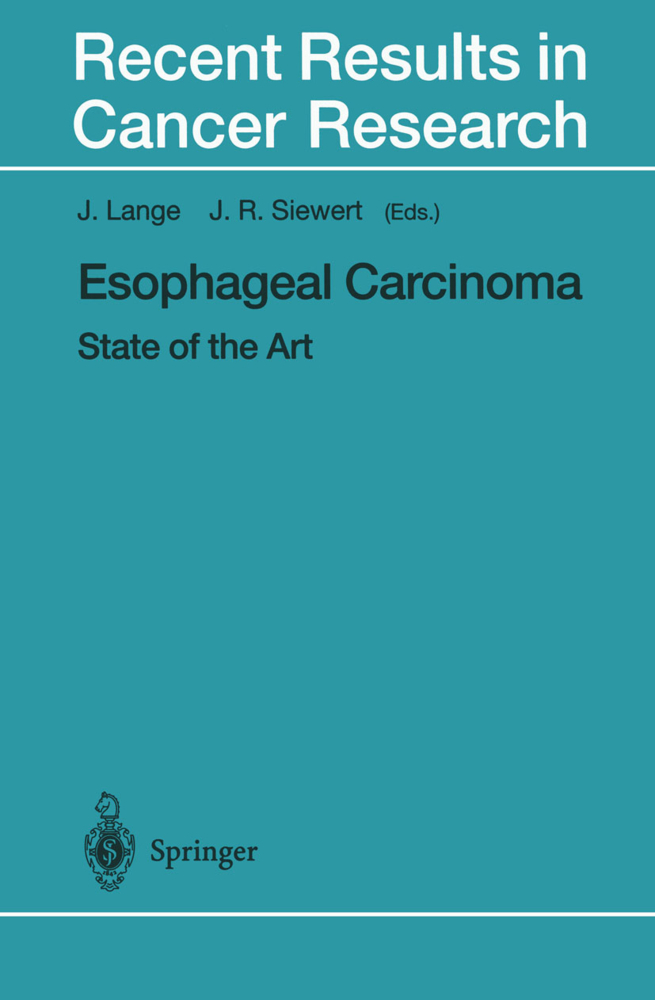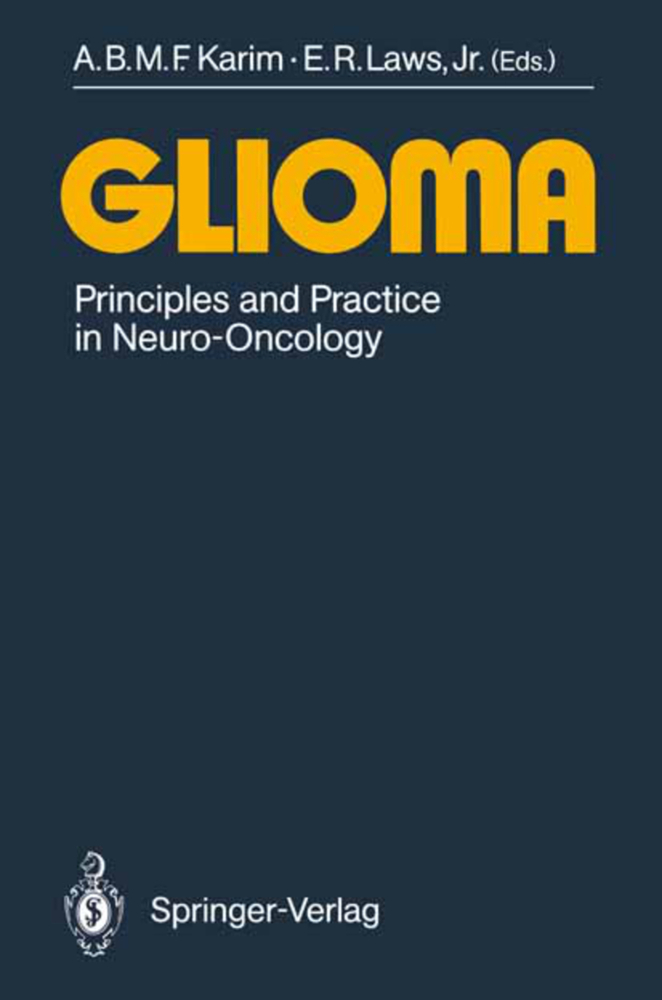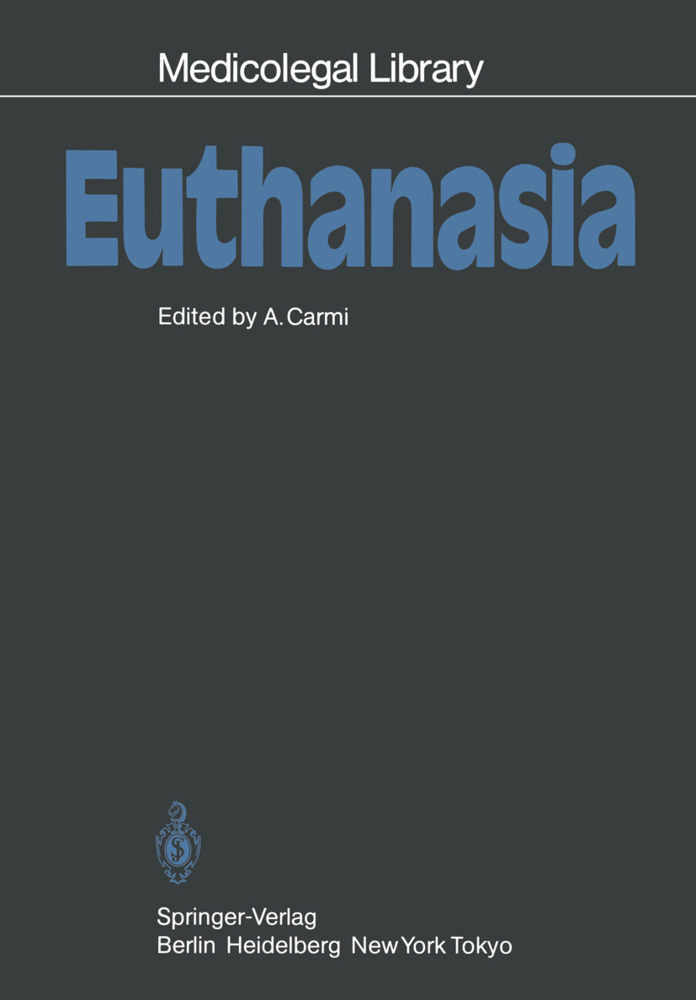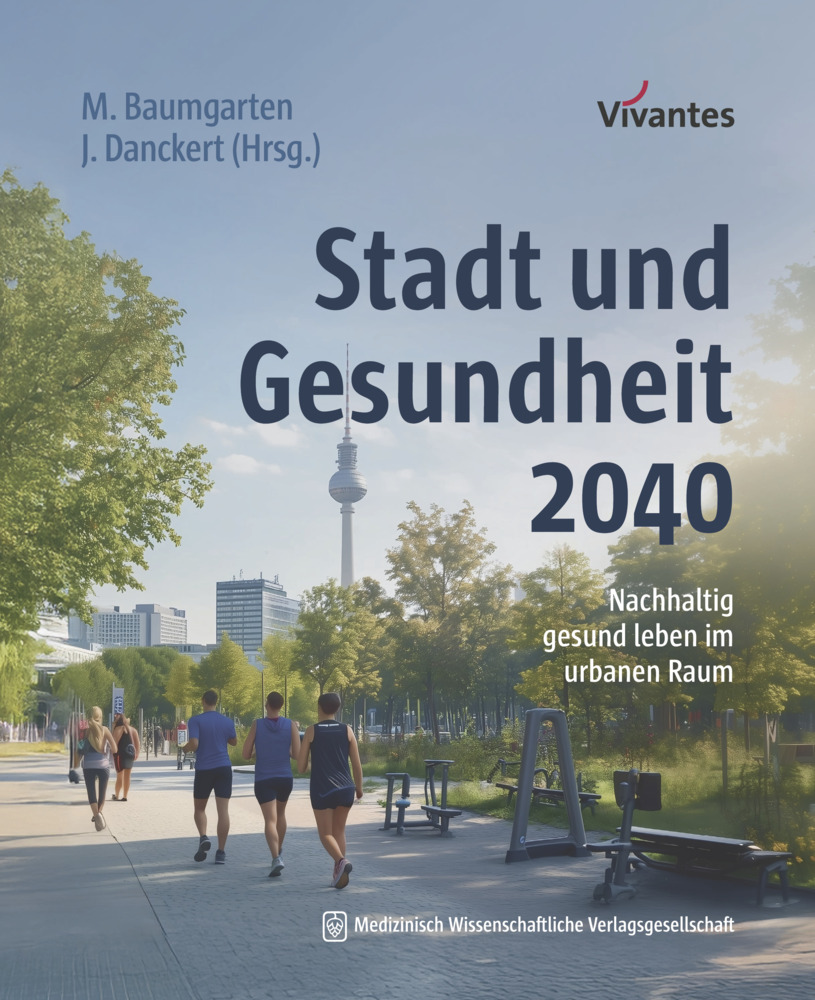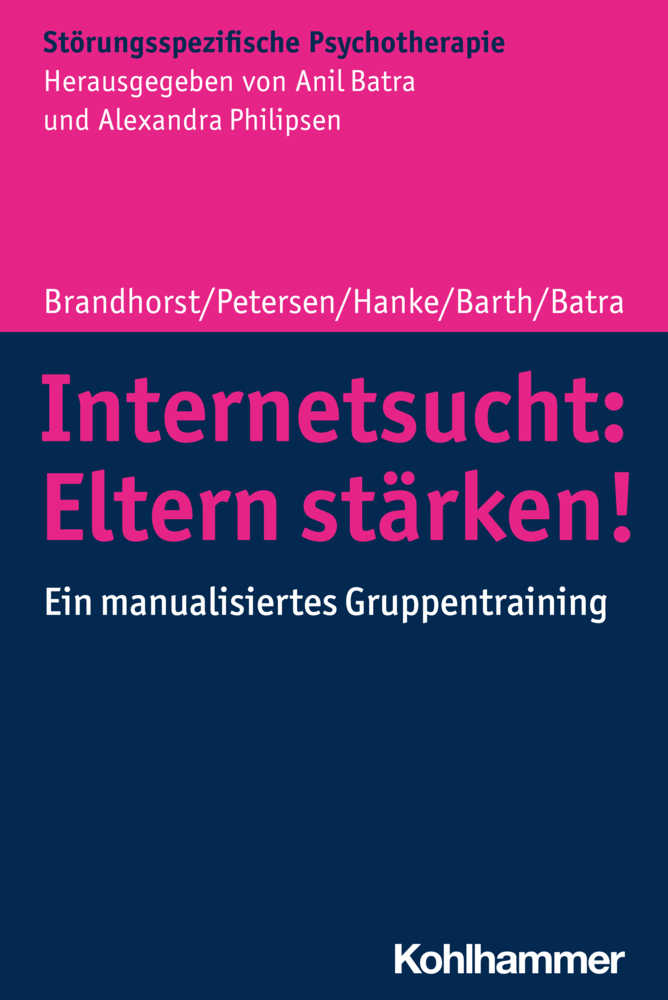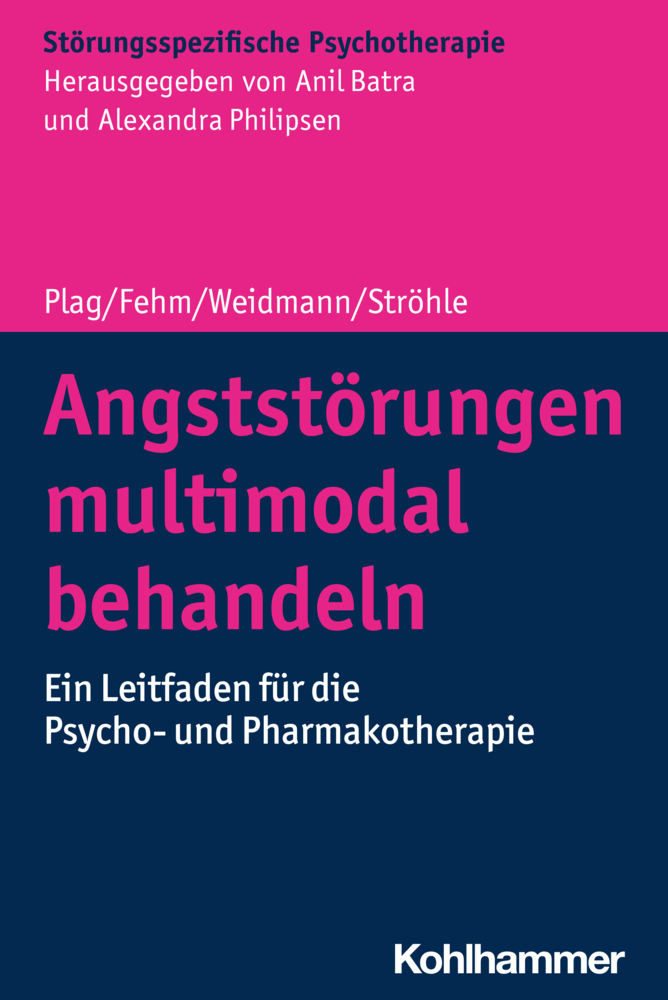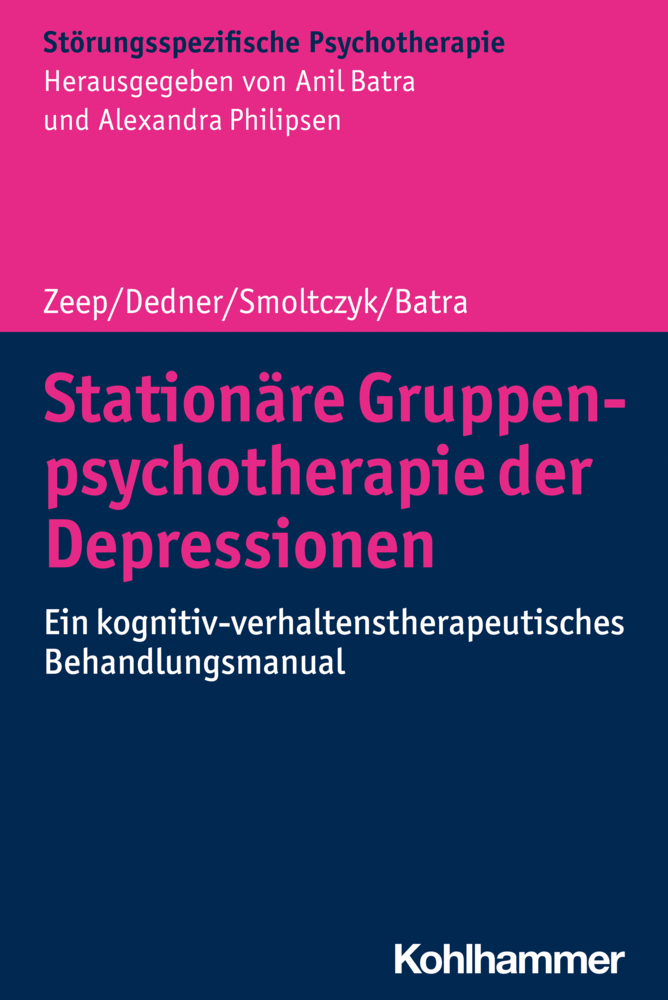Quality of Life and Psychosomatics
In Mechanical Circulation - The Heart Transplantation
Quality of Life and Psychosomatics
In Mechanical Circulation - The Heart Transplantation
Advances in heart surgical treatment have been impressive in the last 15 years. In end-stage heart disease, procedures are now performed routinely which were only experimental one or two decades ago. Heart transplantation has become a well-established procedure. According to the Gen eral Registry of the International Society of Heart and Lung Transplantation. 40,738 heart transplantations had been performed through the end of 1997 with survival rates of 78 % at one year, 65 % at five years, and 42 % at ten years. The progress in this field has been due to intense efforts in understanding and modulating immune responses to the trans planted heart, to elaborate therapeutic strategies to constrain infections, and to improved out-patient care. Accordingly, heart transplantation is integrated into the facilities of the health care systems, the routine of physicians, and the awareness of patients. The resulting increase in potential organ recipients has not been met, however, by an equivalent increase of available donor organs. This increasing discrepancy has forced the technical improvement and clinical evalua tion of mechanical circulatory support systems as an option for treatment of critically ill patients with a failing heart. Initially, these assist devices were only used to maintain sufficient circulation in post-cardiotomy heart failure until myocardial function had recov ered. Since the late 1980s, their primary use has been that of bridging patients with heart failure until a suitable organ is available so that heart transplantation can be performed.
Psychiatric-psychosomatic disorders and coping mechanisms during mechanical circulatory support with the biventricular Berlin Heart Assist Device
The impact of physical complaints and quality of life in patients after heart transplantation
Health related quality of life of heart-lung transplant patients
Neuropsychological function before and after heart transplantation
The emotional state of the individual after heart-transplant
Body image and subjective anatomy
Coping with heart disease - assessment and applications
Psychosomatic therapy in cardiology and heart-transplant medicine
Social and individual health aspects in transplantation medicine
Panel Discussion.
Mechanical circulatory support until heart transplantation
Psychiatric and psychosocial issues and intervention among ventricular assist device patientsPsychiatric-psychosomatic disorders and coping mechanisms during mechanical circulatory support with the biventricular Berlin Heart Assist Device
The impact of physical complaints and quality of life in patients after heart transplantation
Health related quality of life of heart-lung transplant patients
Neuropsychological function before and after heart transplantation
The emotional state of the individual after heart-transplant
Body image and subjective anatomy
Coping with heart disease - assessment and applications
Psychosomatic therapy in cardiology and heart-transplant medicine
Social and individual health aspects in transplantation medicine
Panel Discussion.
Albert, Wolfgang
Bittner, Anneli
Hetzer, Roland
| ISBN | 978-3-642-95981-3 |
|---|---|
| Artikelnummer | 9783642959813 |
| Medientyp | Buch |
| Auflage | Softcover reprint of the original 1st ed. 1998 |
| Copyrightjahr | 2012 |
| Verlag | Steinkopff |
| Umfang | X, 118 Seiten |
| Abbildungen | X, 118 p. |
| Sprache | Englisch |

